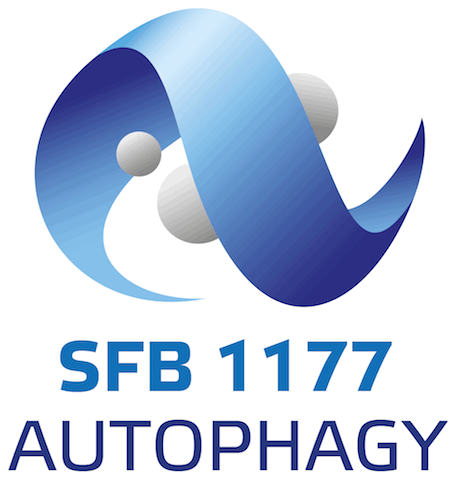PROXIDRUGS Cluster4Future funded for a further three years
- jlau89
- 26. Aug. 2024
- 2 Min. Lesezeit
Aktualisiert: 21. Okt. 2024
The PROXIDRUGS consortium was successfully evaluated by an independent jury and will be funded by the Federal Ministry of Education and Research (BMBF) as part of Clusters4Future initiative with up to €15 million over the next three years, starting in January 2025. PROXIDRUGS, one of seven initially successful clusters, is thus entering its second implementation phase. A primary aim of the Clusters4Future initiative is to accelerate the transfer of basic research into application.
The consortium continues to focus on research into the innovative drug class of proximity-inducing agents, so-called “proxidrugs”, by advancing required technologies and using these to develop new therapeutic strategies. “Proxidrugs” use the cell's own waste management system to degrade disease-relevant proteins in a highly specified manner. They have the potential to target 80 percent of disease-relevant proteins that have thus far been deemed as undruggable with traditional small molecules.
SFB1177 speaker Ivan Đikić explains: “During the last three years we have made great progress advancing technologies and establishing new platforms that can be used to identify the building blocks for proxidrugs. These technology platforms will now be systematically developed further. We have also strategically expanded the PROXIDRUGS network, integrating numerous partners from the biotech and pharmaceutical sectors, who will contribute their specific expertise to transfer findings to medical application.”
PROXIDRUGS was established in 2021 as a regional network of nine partners from academia and industry. The network covers the entire value chain from basic research to clinical application. During the second implementation phase, 21 partners will work together on ten interdisciplinary projects, all of which are positioned in the pre-competitive space. “In preparation for the second implementation phase, it was our goal to integrate more small and medium-sized companies, alongside large pharmaceutical companies, which can strengthen the consortium in relevant areas such as structure elucidation, chemical synthesis, substance libraries and artificial intelligence. We are delighted that we were able to achieve this goal and attract some highly relevant partners,” explains Dr. Kerstin Koch, Head of the Cluster Office at the Goethe University Frankfurt.
During the first implementation phase, the course was set for the cluster’s longterm success: Through an official association with “House of Pharma & Healthcare”, the cluster aims to sustain its cluster management beyond the potential three implementation phases of the Clusters4Future initiative. Additionally, the innovation hub “Frankfurt Competence Center for Emerging Therapeutics” (FCET) was founded at the Goethe University. It bundles important technology platforms and makes them available to all existing cluster partners. In future, the FCET will also be able to offer services for external scientists and companies.

Irina Bezsonova



